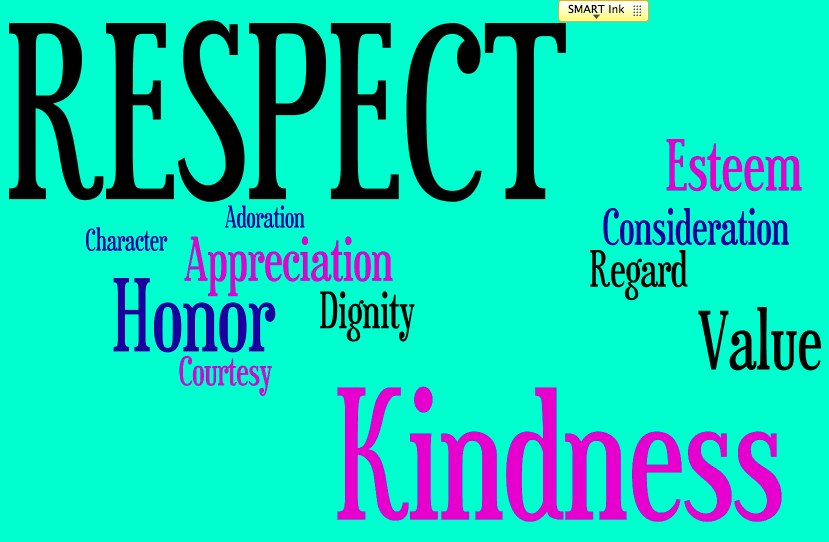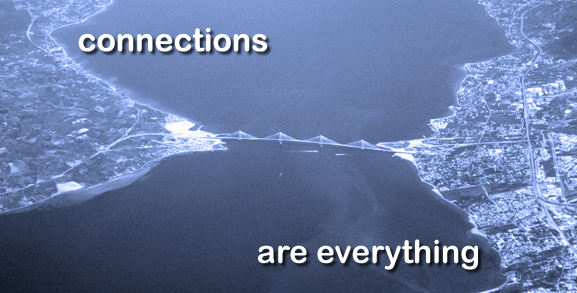There is perhaps no insight of philosophy more important than this.
In all my years of teaching, I had just one student get really mad at me. We were two weeks into a month-long daily seminar on "Faith, Reason, and The Meaning of Life." The National Endowment for the Humanities had brought together a group of amazing teachers from around the country, remarkable individuals who taught in grades K-12, for a summer enrichment program. I was the sole professor. And I was pretty young, in my early thirties. The seminar itself, after eight years of teaching and learning, eventually became the book Making Sense of It All.
The student, an experienced teacher, was irate. His wonderful, fairy-tale, story-book marriage had just come to an end, days before he was to travel to South Bend for my seminar. His wife had left him a message on the kitchen table that she was gone and would not be coming back. Their life together was over. He was stunned, and crushed, and in emotional free-fall. He was desperate to find some sort of meaning and how to make sense of this shock, and of life itself, amidst the craziness, the disappointment, the despair, and the unexpected suffering that can assail us in this world. We had been reading and talking for two weeks, and he was at the end of his rope. He wanted to know the meaning of life, and he wanted to know it right then. That day. No more delay, no more waiting. Why did we keep beating around the bush? We'd been reading stuff and philosophizing for hours at the time, and there was no clear answer!
I went by his dorm room and talked with him for two hours. I quickly came to realize that he was suffering under an assumption that a lot of us naturally make.
He was assuming that the deepest secret for living in this world, the most profound insight, the key to a meaningful, happy, fulfilling life, can somehow be captured in the content of a sentence, or statement, or proposition. And he thought that I was stubbornly refusing to utter that statement, choosing instead to tease the class with roundabout hints and elusive suggestions, but never saying the one thing that most needed to be said.
I had to challenge him and ask him how he knew that what he was searching for could be said at all. What gave him to believe that there were some magic words that would change everything in an instant?
Now, admittedly, this was years before I wrote a book called If Aristotle Ran General Motors, and in a chapter on "Business and the Meaning of Life," I did actually manage to convey what I consider to be the single deepest truth that can be stated on this issue, a truth I had to discover for myself, from hints and clues spread throughout the wisdom traditions of the world. So, in that book, and in the subsequent big yellow tome, Philosophy for Dummies, I did write a sentence providing what I think is the one and only definitive answer to the question "What Is the Meaning of Life?" And I've had people tell me that it's the most important sentence they've ever read, which makes me glad. But even then, once it was said, once the crucial statement on life's meaning was communicated, there was still something else, something crucial that, perhaps, cannot be said, and that, it seems, may be even more important.
The deepest secret may not be a statement, or a proposition, at all.
Wait. What?
There is an inevitable elusiveness to enlightenment, to salvation, to the ultimate mindset of transformed wisdom. In a book I just read for the third time this week and twice already wrote about here, Siddhartha, the title character comes to exactly the realization that, maybe, the most important and deepest secret to living well in this world can never be said or taught in simple declarative statements. He meets Gautama the Buddha, and says to him:
I think, O Illustrious One, that nobody finds salvation through teachings. To nobody, O Illustrious One, can you communicate in words and teachings what happened to you in your enlightenment.
He admires greatly the message that the Buddha is conveying in his words, as he teaches his disciples, and yet says this about it, as a whole teaching:
But there is one thing that this clear, worthy instruction does not contain; it does not contain the secret of what the Illustrious One experienced - he alone among hundreds of thousands.
The deepest secret is perhaps too big, and deep, and transformative to be caught like a bird and caged up into language, into words. But it can be discovered. It can be encountered. One who has experienced it can introduce it, in a way, to another. And then, it can do its work.
Even Plato, writing in his Seventh Letter, says about his own deepest wisdom that:
It is not something that can be put into words like other branches of learning; only after long partnership in a common life devoted to this very thing does truth flash upon the soul, like a flame kindled by a leaping spark, and once it is born there it nourishes itself thereafter.
In the third chapter of the Gospel of John, Jesus tries to explain to the scholar Nicodemus that, in the case of our Ultimate Quest, the name of the game is not discovering the right true sentences, but undergoing a radical transformation. Siddhartha's own eventual Guide to understanding and metamorphosis, the simple ferryman Vasudeva, basically has to help his new friend see that there is no shortcut to the deepest secret. We each have to make our mistakes, commit sins and errors, take wrong paths, try things that don't seem to help, live through adventures, and maybe, as a result of being in the right frame of mind at the right time, the light from the most elusive flame will be sparked in us. There will be a dawn. We'll then see anew. But this will happen, in some sense, and in every case, beyond words.
And that's what all the mystics have been trying to tell us, with many words, for a very long time.
Oh, and my one angry man, my irate student: He calmed down as a result of our many words together and my efforts to push him that day beyond words. He seemed to understand. I couldn't be blamed for not doing the impossible. And yet. And yet.
I know now more than I did then. And I could have been more helpful, I think, if I had lived through and learned all that I've subsequently lived through and learned, but, as Plato says, not like in other branches of learning. This tree grows in a distinctive way. And perhaps it speaks its deepest secrets almost as faintly as as the sound of a light breeze blowing through its branches. And if there is a spark, that breeze may fan it into the flame that's needed to provide the light that's desired.















































